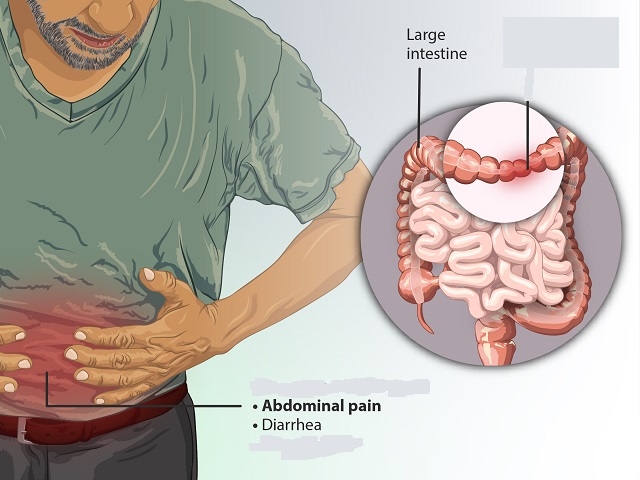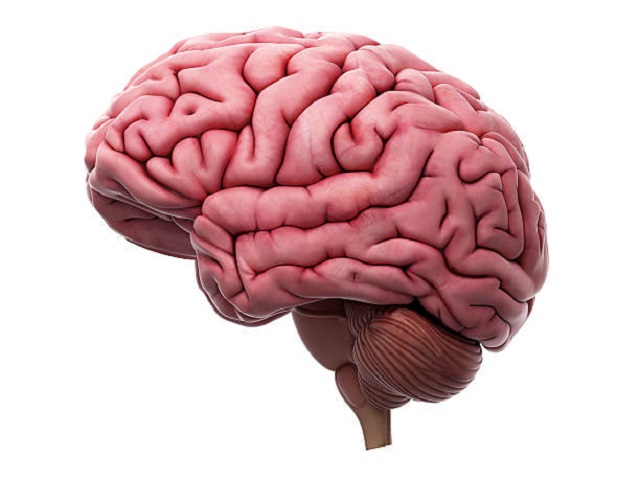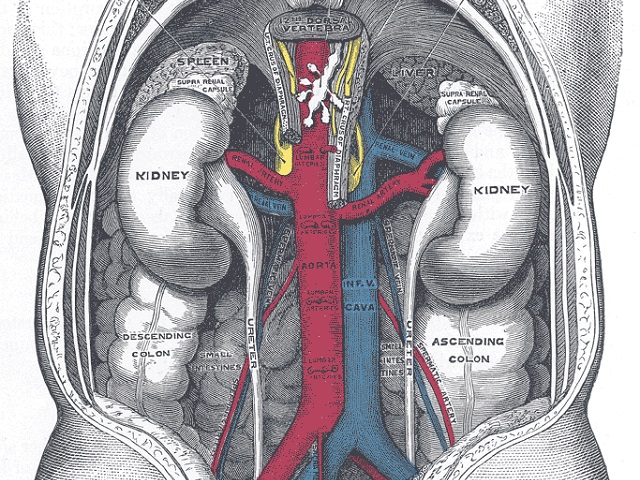8 Signs You May Have Huntington's Disease -- Symptoms, Causes, Effects, Treatment and Prevention
Huntington's disease (HD) is a hereditary neurodegenerative disorder that affects the brain's nerve cells, leading to progressive physical, cognitive, and psychiatric symptoms. It is caused by a genetic mutation that affects a specific protein in the brain.
Symptoms of Huntington's Disease:
The symptoms of Huntington's disease can vary, but commonly include:
- Involuntary jerking or twitching movements (chorea)
- Muscle rigidity and stiffness
- Impaired coordination and balance
- Changes in speech, including slurred speech and difficulty articulating words
- Cognitive decline, including problems with memory, attention, and decision-making
- Mood disturbances, such as depression, anxiety, and irritability
- Personality changes and social withdrawal
- Difficulty swallowing and weight loss
Diagnosis of Huntington's Disease:
Diagnosing Huntington's disease involves a combination of clinical evaluation, genetic testing, and neurological examinations. The diagnostic process may include:
- Assessment of family history and presence of symptoms
- Genetic testing to detect the mutated gene responsible for HD
- Neurological examination to assess motor symptoms and cognitive function
- Imaging tests, such as magnetic resonance imaging (MRI), to evaluate brain structure and detect any atrophy or abnormalities
Causes of Huntington's Disease:
Huntington's disease is caused by an inherited genetic mutation in the huntingtin gene (HTT). This mutation leads to the production of an abnormal form of the huntingtin protein, which gradually damages the brain's nerve cells and causes the symptoms of HD. The mutation is autosomal dominant, meaning that if a person inherits the mutated gene from one of their parents, they will eventually develop the disease.
Effects of Huntington's Disease:
Huntington's disease is a progressive disorder that gradually impairs a person's physical, cognitive, and mental abilities. The effects of HD can significantly impact a person's daily life, including their ability to work, perform daily tasks, and maintain relationships. As the disease progresses, individuals with HD may require assistance with mobility, communication, and self-care.
Treatment and Prevention of Huntington's Disease:
Currently, there is no cure for Huntington's disease. Treatment focuses on managing symptoms and providing supportive care. Approaches may include:
- Medications to manage movement symptoms, control mood disorders, and address other symptoms
- Physical and occupational therapy to maintain mobility and improve quality of life
- Speech therapy to address communication difficulties
- Supportive care and counseling to address emotional and psychological needs of individuals with HD and their families
- Genetic counseling and testing for at-risk individuals and family members to assess the risk of developing HD


















